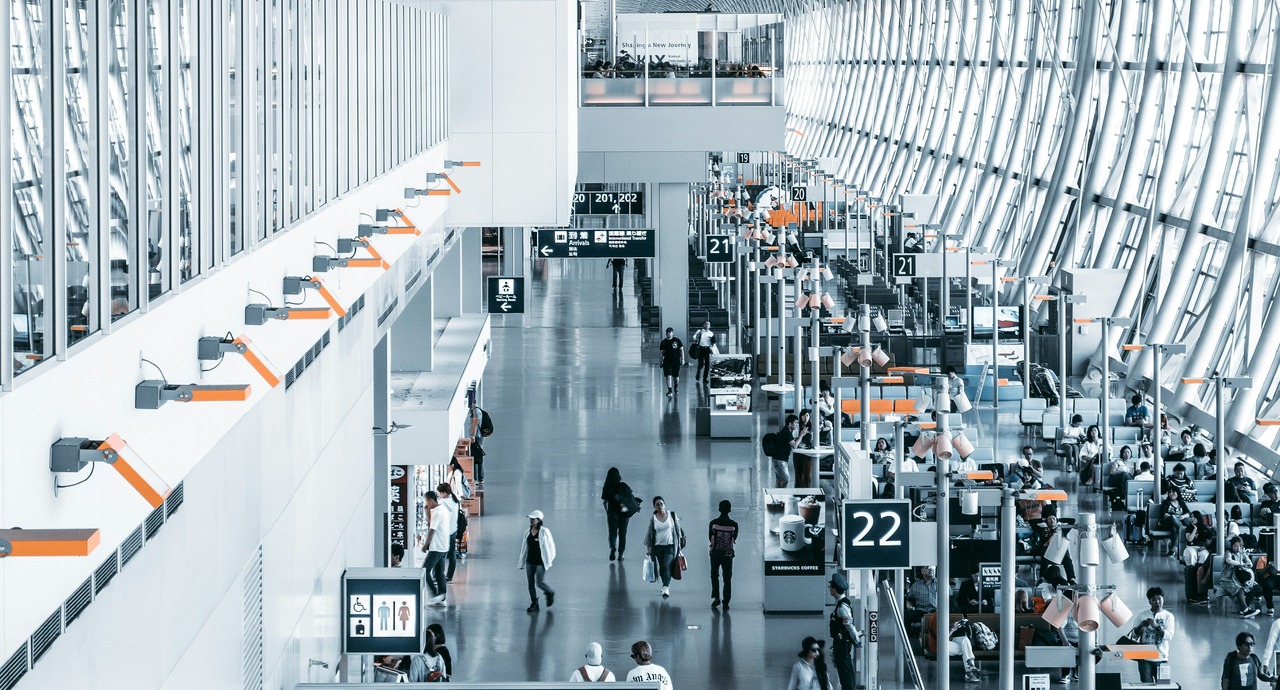The U.S. State Department’s recent decision to limit Nigerian travelers to three-month, single-entry visas has created a wave of concern among Nigerian Americans and business owners with ties to both the U.S. and Nigeria. The new policy, aimed at achieving “visa reciprocity,” has placed significant strain on families, businesses, and individuals who depend on regular travel between the two countries.
The shift in visa policy will force many Nigerians to reapply for visas more frequently, leading to increased financial costs and longer processing times. This decision has sparked criticism from Nigerian government officials, who argue there is no imbalance in the visa system. As a result, the impact is not only felt by individuals but also threatens to undermine the diplomatic relationship between the U.S. and Nigeria.
What Changed in U.S. Visa Policy for Nigerians?
The U.S. State Department recently implemented a major change to the visa process for Nigerian travelers, particularly nonimmigrant and nondiplomatic visa holders. Previously, Nigerians could apply for multiple-entry visas valid for up to five years, allowing them to travel freely to the U.S. and back.
Under the new rules, however, travelers will be restricted to a single-entry visa valid for only three months. This change significantly increases the difficulty for those who need to travel frequently, whether for business, family visits, or other reasons.
The State Department justified this shift as part of efforts to achieve “visa reciprocity” with Nigeria, claiming the U.S. was issuing more favorable terms to Nigerian travelers than Nigeria was offering to Americans. Nigerian government officials, including representatives from the Ministry of Foreign Affairs, have rejected this reasoning, asserting that they have consistently honored agreements, including the continued issuance of five-year, multiple-entry visas to American citizens.
This disparity in positions has sparked a debate about the broader implications of the policy change, with critics arguing that it will cause unnecessary hardship for Nigerians with deep personal and professional ties to the U.S.
The Impact on Families and Businesses
For Nigerian Americans, the new visa restrictions create significant challenges, especially for those with family members or business interests in Nigeria. Many families depend on frequent visits to maintain strong connections, and the new policy makes it more difficult to plan these trips. With a single-entry, three-month visa, reapplying multiple times a year becomes not only a financial burden but also a logistical one.
Business owners are also feeling the strain. Nigerian entrepreneurs operating in the U.S. may find it harder to manage their businesses back home, especially in sectors like real estate or hospitality, where regular visits are crucial for overseeing operations.
Business owners, particularly those with operations in both the U.S. and Nigeria, are facing significant challenges due to the new visa restrictions. Regular travel is essential for overseeing operations, and the requirement to reapply for visas every few months adds both logistical and financial burdens.
This uncertainty has the potential to disrupt business continuity, complicating management and operations for entrepreneurs who rely on frequent cross-border travel.
Financial Burden and Rising Costs
The new visa restrictions come with significant financial implications for Nigerian travelers. Under the previous system, travelers could apply for a five-year, multiple-entry visa, which made long-term travel more predictable and affordable. With the switch to a single-entry visa valid for only three months, individuals must reapply more frequently, resulting in both direct and indirect costs.
The base visa application fee of $185 remains unchanged, but the introduction of the $250 Visa Integrity Fee, starting October 1, adds a substantial new expense. This fee will increase with inflation, further straining those who need to make repeated visa applications.
For families, these additional costs create a barrier to regular travel, while business owners are faced with higher operational costs, as they may need to travel frequently to maintain business activities. Many Nigerians, particularly those from low- and middle-income backgrounds, may find these new costs prohibitive.
Furthermore, the longer processing times for visas, already a common challenge, add to the financial burden. Many travelers now face extended wait times, which could delay important travel plans and cause disruptions to both personal and professional schedules. The combination of increased fees, longer wait times, and the uncertainty of visa approvals could make cross-border travel even more difficult for Nigerian citizens.
Broader Impact on U.S. Immigration Policy
The new restrictions on Nigerian travelers are part of a larger trend in U.S. immigration policy, which has become stricter in recent years. Here are the key implications of this shift:
Stricter Visa Policies: This policy change is consistent with broader efforts to limit immigration from certain countries, especially from Africa and the Middle East, as seen during the Trump administration.
Higher Visa Denial Rates: Nigerian travelers already face some of the highest visa denial rates globally. In 2022, nearly 47% of Nigerian applicants for temporary business visas were rejected.
Impact on African Nations: The new restrictions highlight ongoing challenges for African countries, where strict U.S. visa policies and higher denial rates are common.
Diplomatic Tensions: These restrictions may create long-term diplomatic challenges, potentially affecting the U.S.-Africa relations and cooperation in various sectors, including business, education, and security.
Unintended Consequences: While aimed at improving visa reciprocity and security, the changes could weaken the cultural and economic ties between the U.S. and African countries, including Nigeria.
Conclusion
The new U.S. visa restrictions are creating significant challenges for Nigerian travelers, from families to business owners. With increased costs, longer processing times, and more frequent applications, the impact is being felt across the community. These changes will likely make travel to the U.S. more difficult and uncertain for many Nigerians.
As the situation evolves, travelers will need to adjust their plans and consider the added financial and logistical burdens. Both governments will need to address these issues to maintain strong ties. The outcome of these changes will be crucial for future U.S.-Nigeria relations.
